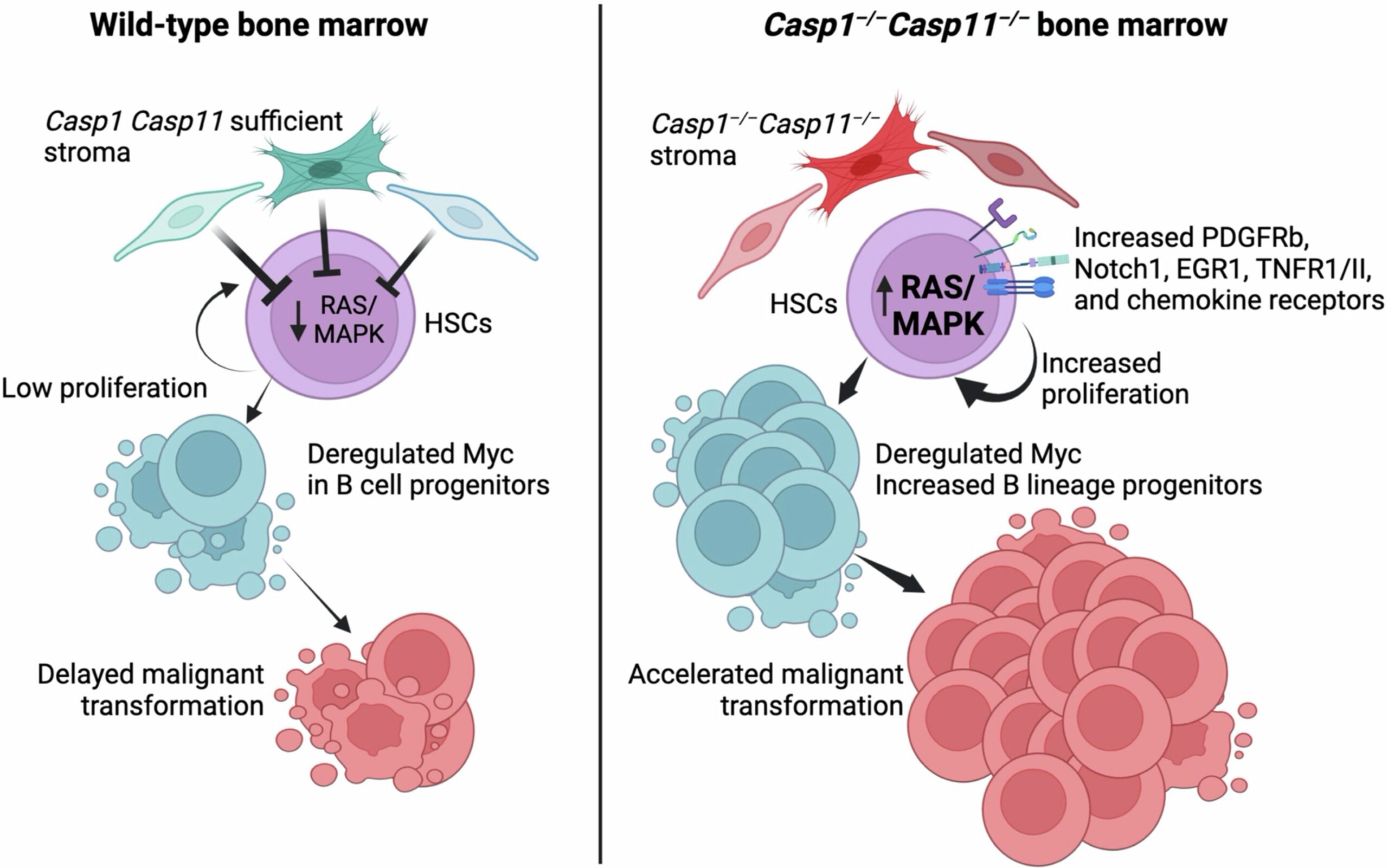A recent preclinical study by Weill Cornell Medicine researchers has unveiled a protective role of the inflammasome—a complex of immune proteins—in preventing blood stem cells from transforming into malignant cells. Published in Nature Immunology, the study demonstrates that the inflammasome facilitates the removal of specific receptors from the surface of hematopoietic stem cells, thereby inhibiting oncogenic signals that could lead to cancer development. This discovery highlights the inflammasome’s dual function: while it is known to promote inflammation in advanced cancer stages, it also plays a crucial role in maintaining tissue homeostasis and preventing early malignant transformations.
The research utilized a mouse model predisposed to B-cell lymphoma due to a mutation in the Myc oncogene. Findings revealed that disrupting inflammasome activity accelerated stem cell proliferation and tumor formation. Further investigation identified that the inflammasome’s action within the bone marrow stroma—the supportive tissue surrounding stem cells—leads to the shedding of tumor necrosis factor (TNF) receptors from the stem cells’ surface. This receptor removal is essential for controlling stem cell proliferation and preventing oncogenic transformation. These insights pave the way for potential therapeutic strategies targeting the inflammasome pathway to intercept cancer at its earliest stages. Click for More Details







